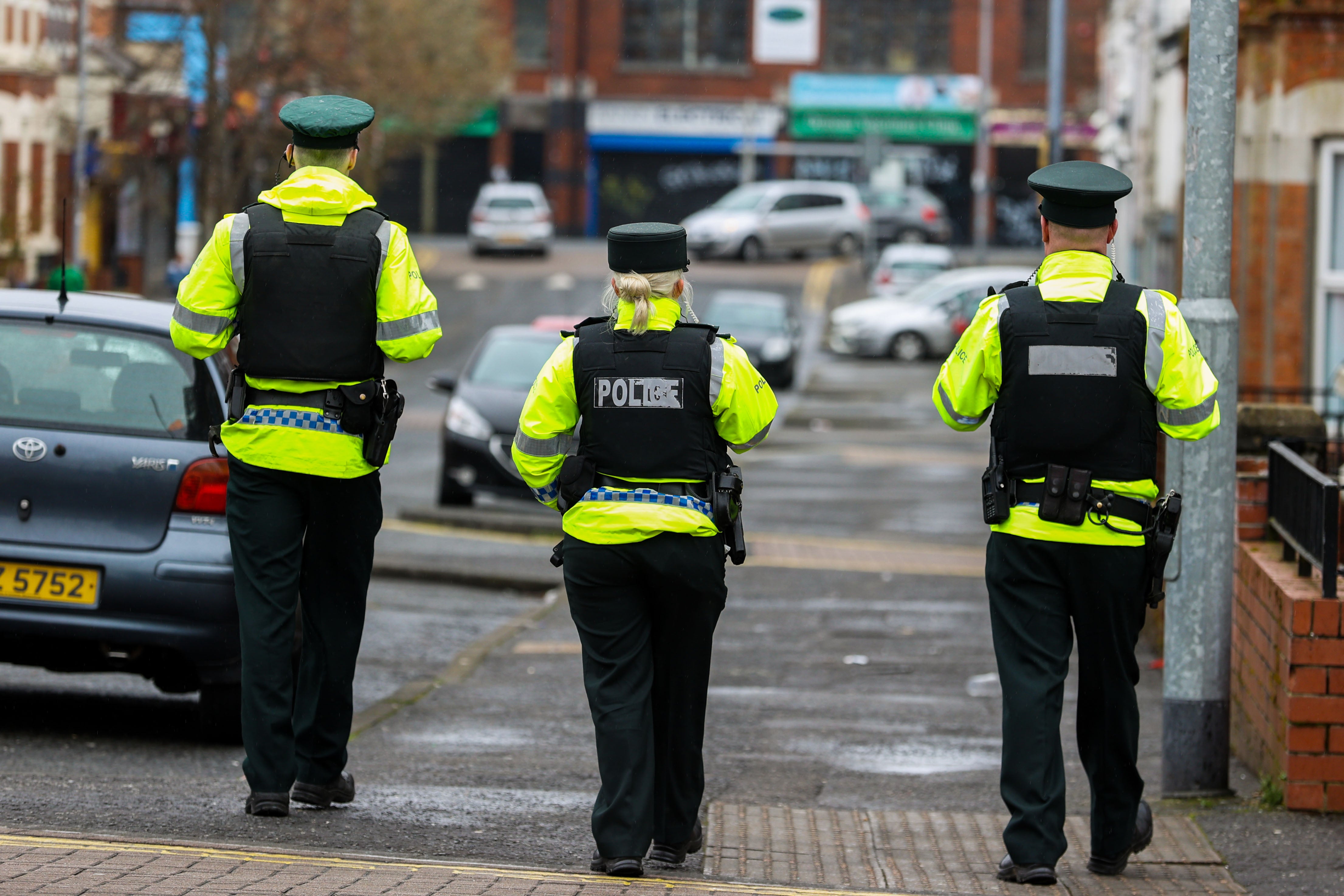Police federation raises concerns over Naloxone pilot scheme
Officers in Belfast have been given the drug to used on people overdosing.

Concern has been expressed about a pilot programme which sees police officers being issued with a drug to counter the effects of overdoses.
Some patrol officers in Belfast city centre are carrying Naloxone as part of an initiative by police forces across the UK.
Drugs deaths in Northern Ireland doubled in 10 years between 2009 and 2019, with half that number involving an opioid, according to statistics agency Nisra.
PSNI Chief Constable Simon Byrne said in his October report to the Policing Board that a six-month Naloxone pilot started in September.
We are police officers first and foremost. We’re not medics
Some 17 neighbourhood officers in Belfast are working in partnership with the ambulance service, Public Health Authority and charity Extern in the trial.
He said the first deployment of the Naloxone nasal spray took place on September 22 and it was successful in saving a life.
Mr Byrne said the pilot will be reviewed after six months to analyse outcomes and identify learnings.
However the representative body for police officers said they should not be placed in this position and warned of “significant risks” with any rollout of the programme.
Police Federation for Northern Ireland chairman Mark Lindsay said police officers are not medics.
“This isn’t an issue of trying to save someone’s life. It’s what happens whenever it goes wrong, and perhaps someone dies,” he said.
“In that situation, the individual officer is left in the invidious position of being investigated, perhaps for many years, with the possibility of being reported for prosecution.
“There are significant risks that must be addressed. We are police officers first and foremost. We’re not medics.
“It is also an example of the police covering shortcomings in other public services.
“We don’t think a trial should be taking place. We don’t think officers should be placed in that position.
“However, I am aware that the frontline officers who come across this on a daily basis want to do their best to save lives, so we will continue to work with them and the service to ensure that a strong and workable solution to opioid overdosing is found.”
Bookmark popover
Removed from bookmarks